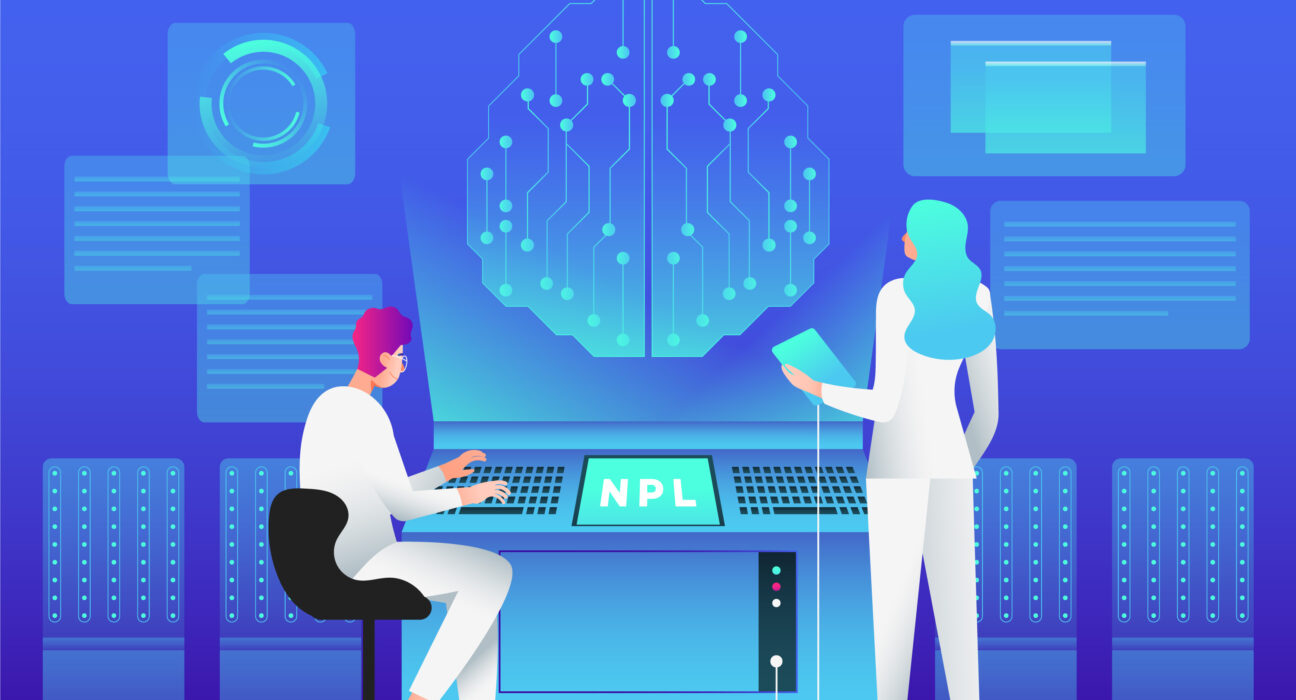We live in a period of quick technological development when artificial intelligence (AI) is no longer a fanciful idea but a major influence on many facets of our daily lives. AI has left its effect on a variety of fields, including corporate process optimization and medical diagnosis improvement, and research is no different. AI has become a ground-breaking instrument in contemporary study, opening the door to developments that were formerly thought to be the stuff of science fiction.
A New Dawn in Research
By its very nature, AI is ideal for the research environment. Research skills have reached previously unheard-of heights as a result of AI’s extraordinary speed at which it can digest vast quantities of data, identify patterns, draw lessons from past mistakes, and make predictions.
In conventional research approaches, it can be a demanding undertaking for researchers to go through a vast amount of data in order to find significant insights. However, this complicated process may be greatly expedited by AI. Machine learning algorithms, a subset of AI, can ‘learn’ from data, identify patterns, and generate predictions with minimal human interaction, accelerating and streamlining the research process.
The Impact Across Fields
AI has been essential in advancing illness research in the health industry. AI-driven algorithms have been used to create novel treatments as well as anticipate disease outbreaks and analyze the genetic causes causing certain illnesses. AI was utilized during the COVID-19 pandemic to quickly analyze enormous volumes of research data, which was essential in understanding the virus and creating vaccinations.
AI is employed in the social sciences to examine intricate patterns in human behavior, which may provide information about social trends, economic projections, and even election results. AI can uncover patterns and trends that might inform policy decisions and social actions by analyzing enormous volumes of data from social networks, internet platforms, and digital archives.
AI has made substantial contributions to climate research as well. Researchers are using AI to simulate climate scenarios, forecast weather patterns, and analyze the effects of various climate policies.
Overcoming Barriers to AI
AI is assisting in removing obstacles that have historically constrained research, in addition to enhancing efficiency and scalability. Consider the language barrier as an example. Every day, thousands of research publications in many different languages are published globally. Traditionally, scholars would only be able to read publications written in languages they are familiar with. However, research articles written in nearly any language may now be accessed and understood thanks to AI-powered translation technologies, increasing the breadth of knowledge at the researchers’ disposal.
The Road Ahead
The incorporation of AI into research is not without difficulties. Considerations like data protection, ethics, and the requirement for comprehensibility in AI systems are essential. Additionally, the ‘black box’ aspect of some AI models, where the decision-making process is opaque, can be a barrier in research contexts, where understanding the ‘why’ and ‘how’ behind outcomes is as crucial as the results themselves.
Despite these difficulties, it is clear that AI has the power to drastically alter the landscape of research. The symbiotic relationship between AI and research is poised to open up new avenues, encourage innovation, and push human knowledge to new heights as we progress toward a more data-driven future.
In the end, AI in research is about giving human researchers tools that can improve their skills rather than replace them. In this symbiotic relationship, AI handles the labor-intensive tasks of pattern identification and data processing, giving academics more time to focus on their core competencies of asking insightful questions, making logical leaps, and fostering creativity. Research has arrived and is now powered by AI.


Leave feedback about this